The newest registered user is bitaacademy
Our users have posted a total of 44507 messages in 6555 subjects

WORLD CLOCK
Words of the Day: . 'When Pigs Fly' and Other Barnyard Idioms
Valley of the Sun Casual Club :: WORDS , FACTS , DATES , GAMES & TRIVIA & HISTORY :: Merriam-Webster Words of the Week
 Words of the Day: . 'When Pigs Fly' and Other Barnyard Idioms
Words of the Day: . 'When Pigs Fly' and Other Barnyard Idioms
Happy as a Pig in Mud
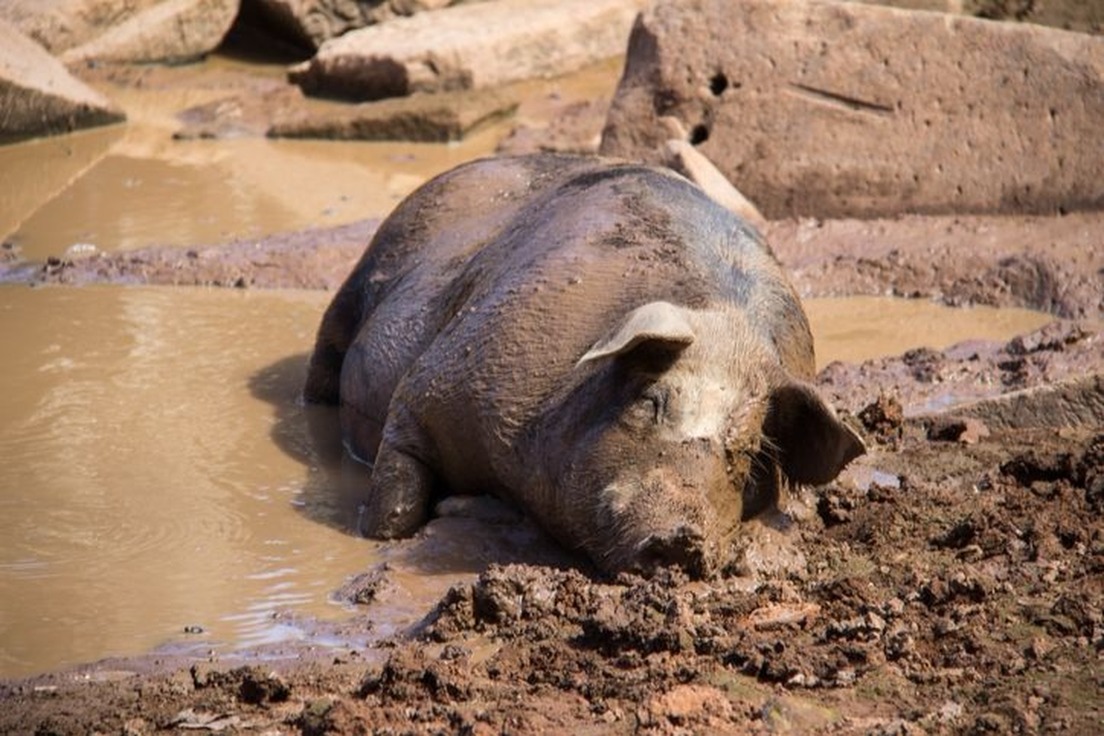
Definition - very happy
In case you have a pig, and wish to make it happy, it may be useful to know that, based on our citations, there are many things that will make this animal content. Sometimes the pig is happy in mud, and sometimes it is muck that brings joy to the porcine heart. In the 1860s it was common to see happy as a pig in clover, or happy as a pig in a puddle. The important thing is, should you have a pig, that you figure out what causes this happiness, and then work to procure it.
.We are disposed to imagine ourself the luckiest editor extant, and ought to be as happy as a pig in a puddle.
— The Ledger and Texan (San Antonio, TX), 14 Jan. 1860
.Hard Row to Hoe
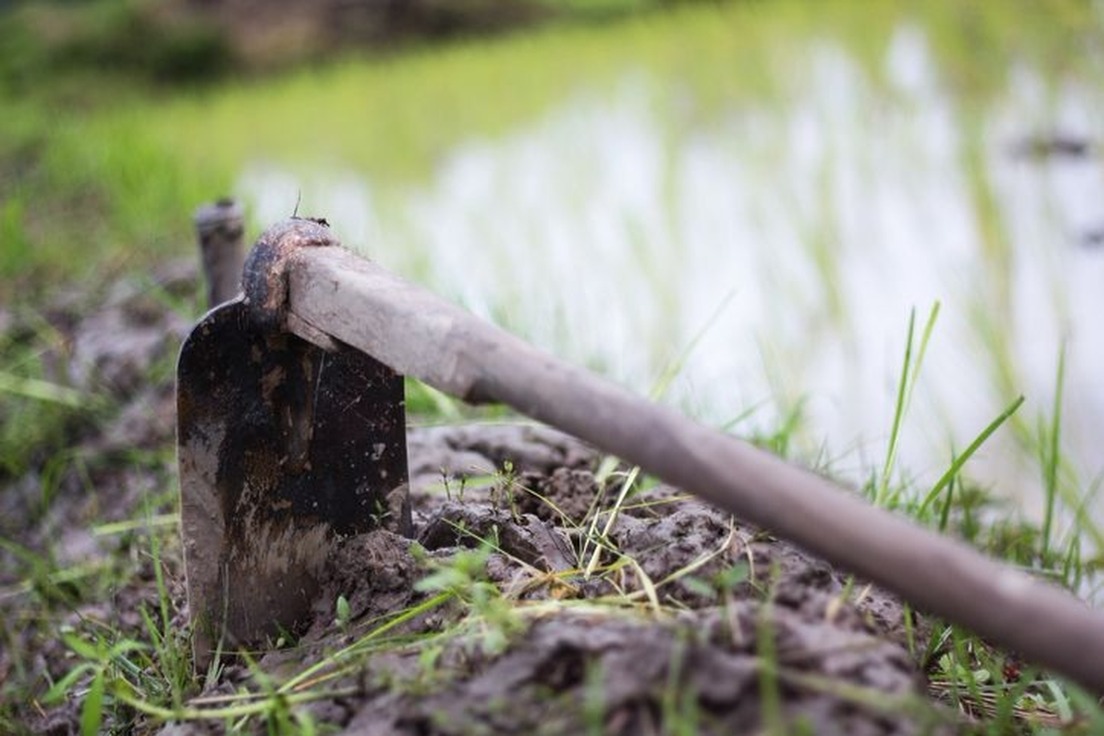
Definition - something that is difficult to do or deal with
The row in this expression is a line of planted crops, and the word hoe means “to work with a tool with a thin flat blade on a long handle to cultivate, weed, or loosen the earth around plants.” This expression is often found today written (or said) as a hard road to hoe, a variant considered incorrect by most usage guides. Incorrect it may well be (we typically do not use a hoe on a road), but it has been in use for almost 200 years; a print, released in 1840 as a satire about Martin Van Buren’s re-election campaign prominently featured the text “A Hard Road to Hoe! Or, the White House Turnpike, macadamized by the North Benders.” Ya burnt, Van Buren.
Beat a Dead Horse
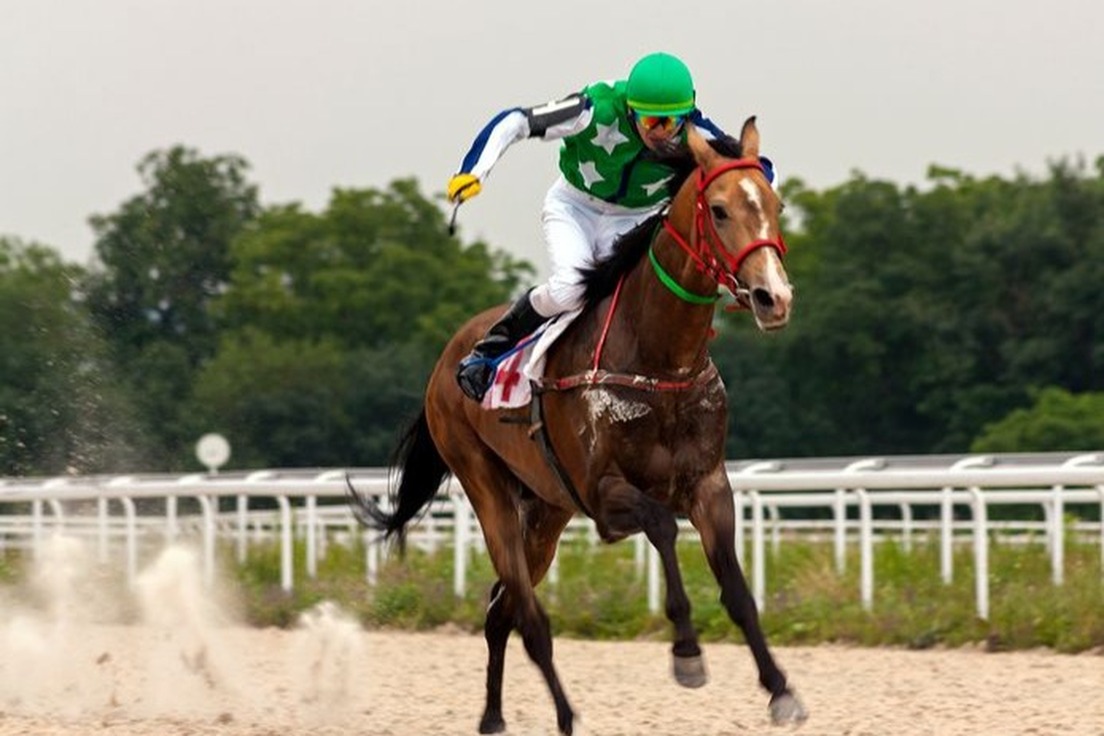
Definition - to keep talking about a subject that has already been discussed or decided
There is no linguistic evidence, we are happy to report, suggesting that this idiom has any sort of literal roots; the English-speaking people, so far as we can tell, did not at any point have a practice of actually beating dead horses. The variants of flogging and whipping the horse in question are also occasionally found. All these seem to have begun being used in the 19th century.
Oddly enough, this is not the first proverb or idiom in our language to utilize a late horse. For reasons that are not entirely clear to us, in the 17th century the dead horse was viewed as being a sterling exemplar of something which was not flatulent.Flogging the dead horse. Such is the pithy simile in which Mr. Bright is commonly reported to have summed up the result of his last two seasons in the provinces.
— Saturday Review (London, Eng.), 24 Mar. 1860
One may gett a fart from a dead horse, as soon as a farthing from him.
— James Howell, Paroimiographia Proverbs, 1659
As free as a dead horse is of farts.
— John Ray, A Collection of English Proverbs, 1678
From the Horse's Mouth
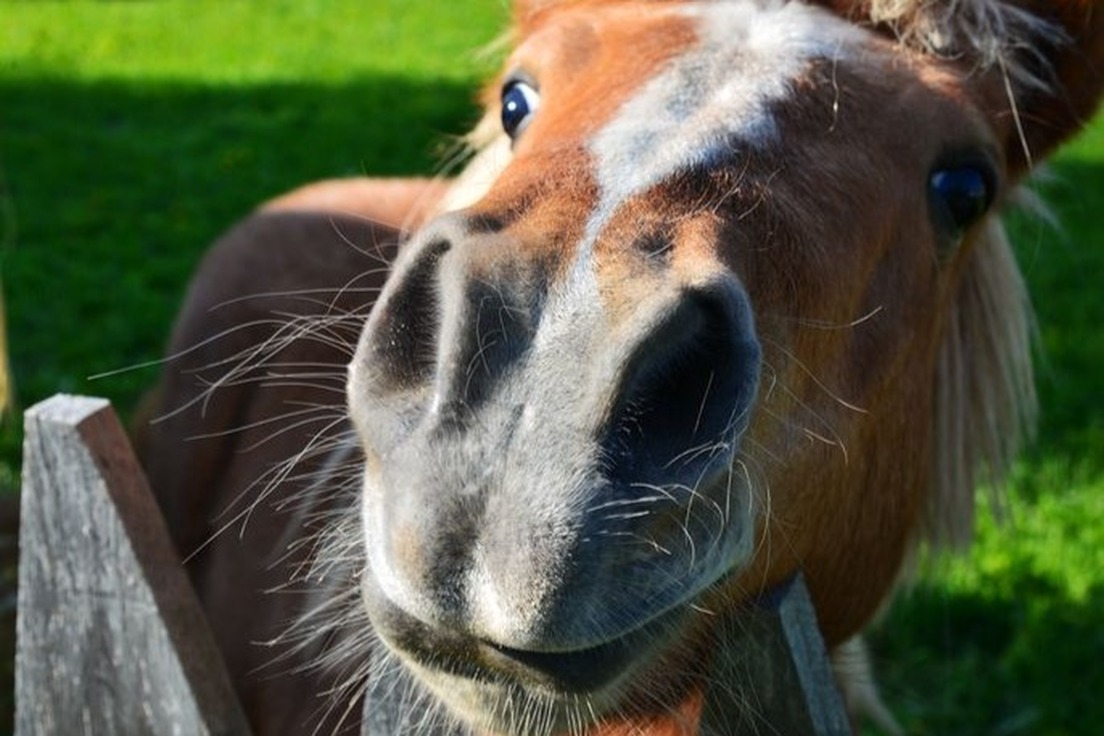
Definition - from the original source; from an unimpeachable source
The earliest citations we have for this idiom have both a literal and a figurative bent to them. They are figurative insofar as horses do not actually speak to people, but literal inasmuch as they are dealing with the ostensible communication of information from equine to human. Most early uses are found in sporting newspapers, in coverage of horse racing events.
Cesarewitch :—Rank Outsider. A raker to win, straight from the horse’s mouth, and two steamers for places.
— Bell’s Life in London (London, Eng.), 22 Sept. 1861
Jockeys fled hither and thither, wearing airs of the profoundest mystery and importance, and exciting the curiosity of the ‘fielders’ who wanted the tip straight from the horses’ mouth, and who believed that the rider was the only man in whom the animal could or would confide such information.
— The North Wales Chronicle (Bangor, Wales), 18 Oct. 1879
Talk the Hind Leg off a Donkey
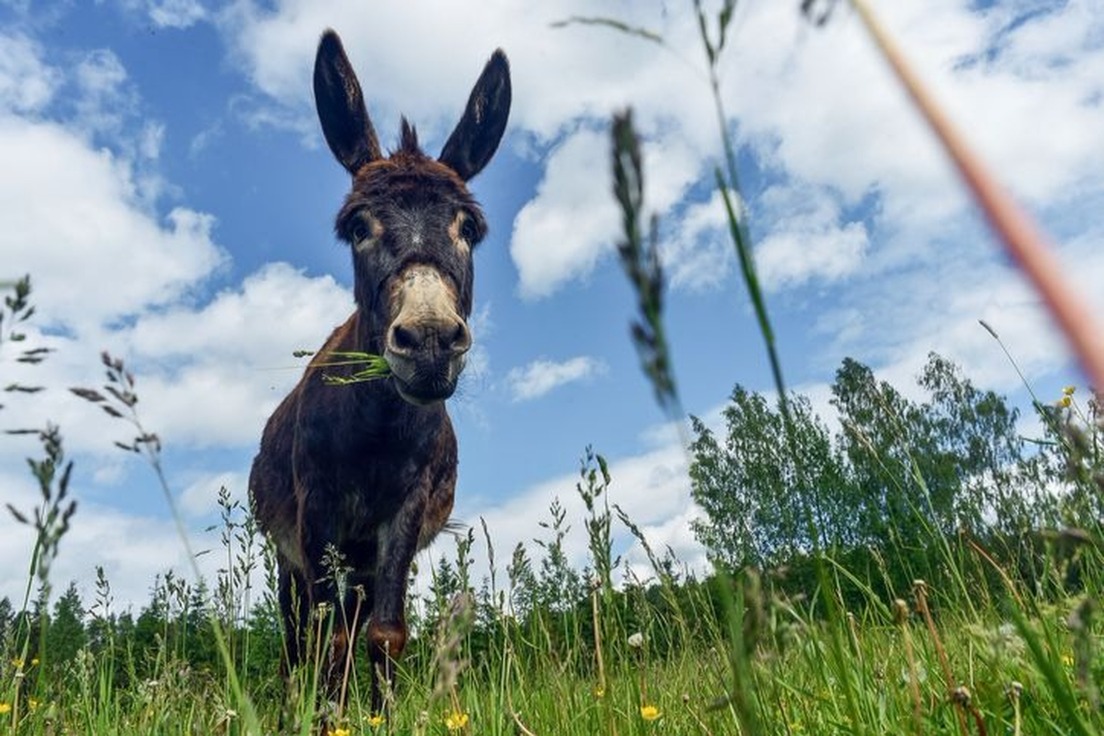
Definition - to talk for a long time
As is the case with many of our farming idioms, the animal referenced is interchangeable with any one of a number of others. There is nothing special about a donkey’s leg, that it may be talked off; any number of other animals have legs that may be similarly removed.
There is a common saying that some people will “talk a dog’s hind leg off.”
— The London Journal (London, Eng.), 12 Jul. 1845
He would not weary them like his friend old Tower, who would talk a horse’s leg off—(renewed laughter)—but would simply second the amendment.
— The Exeter Standard (Colchester, Eng.), 6 Dec. 1850
In short, our ascended friend could talk the hind leg off a donkey.
— The Saturday Review (London, Eng.), 8 Oct. 1887
As Stubborn as a Mule
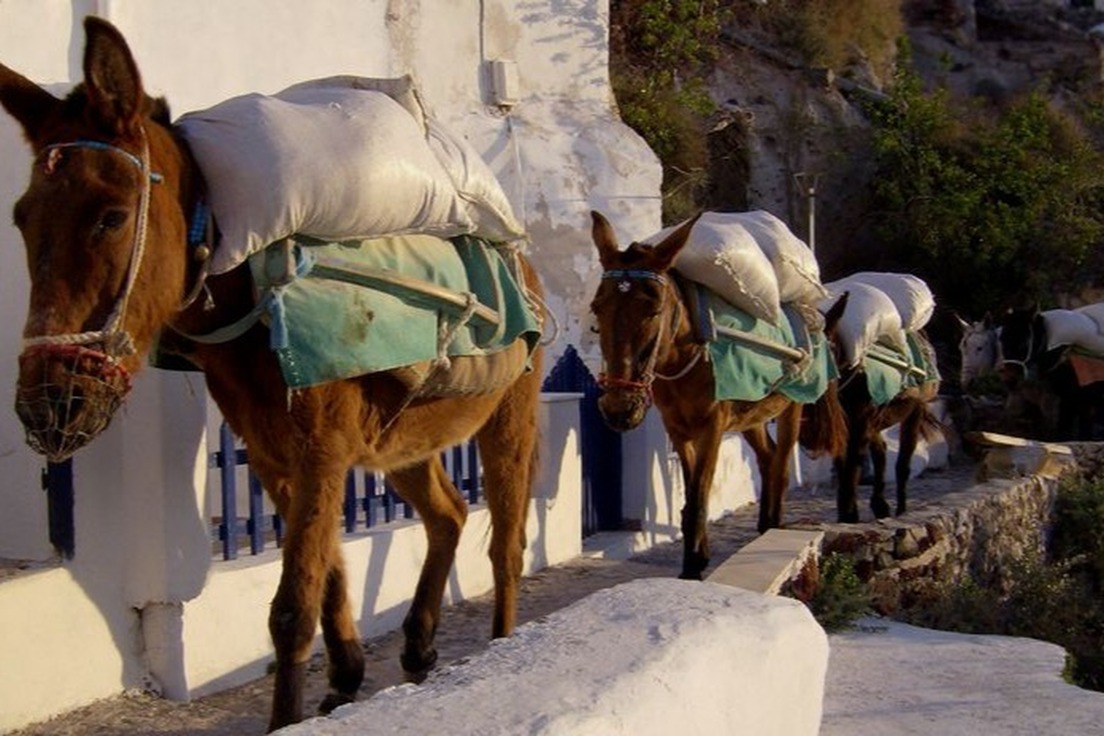
Definition - extremely stubborn
We will remove ourselves from the position of linguist impartiality for just a few moments here, in order that we might assert that the mule gets a bad rap in most variants of this idiom. For the humble mule is not only stubborn, but is also accused of being willful, malicious, and obstinate.
So stirde the Queene that wilful as a Mule, Headlong she runnes, from smoke into the flame….
— William Baldwin, The Last Part of the Mirour, 1578
A body; which is as sloathfull as an asse; and as malicious as a mule.
— Saint John of Avila (anon. trans.), The Audi Filia_, 1620
…upon further acquaintance, they have always found him obstinate as a mule, and capricious as a monkey.
— Tobias Smollett, The Adventures of Peregrine Pickle, 1751
.High on the Hog
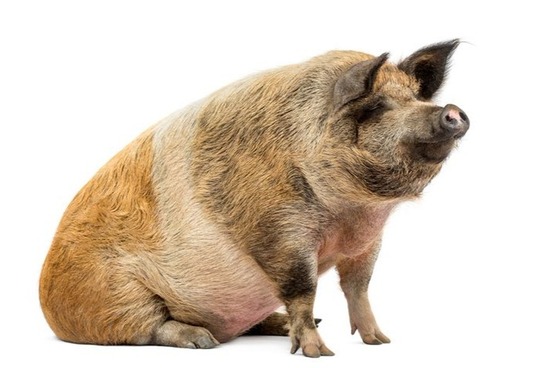
Definition - in a luxurious style
We have been using living high to refer to a life engaged in riotous excess since the beginning of the 17th century, but it was not until the early 20th that we attached on the hog to this.
And lest you think that the top is the only portion of the hog on which you might live, fear not, for you may also live (and eat) low on this gracious animal.We are gradually coming to the point of fixing the responsibility for the high cost of living on the hog. The responsibility has been on the hog for a long time, but the point to be settled is whether it is the corporation hog, the railroad hog, the political hog or just the ordinary hog.
— Frank Stanton, The Atlanta Constitution, 9 Sept. 1914
Invitations to the dance bore these words: Are you blue from hard knocks? Is your mind in a fog? Are you beat to the socks? Eating low on the hog?
— The New York Amsterdam News (New York, NY), 17 Dec. 1938
When Pigs Fly
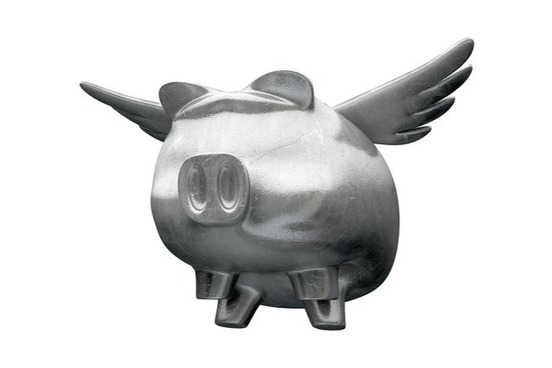
Definition - used to say that one thinks that something will never happen
The earliest iterations of when pigs fly were slightly longer than the version used today, as they specified that the pigs would be flying with their tails forward. This version is rarely found after the 17th century, and nowadays we make do with the shorter version of when pigs fly.
This is a great promise, my good Lord: But when will this be done? when pigges flye with their tayles foreward, and when S. Iames of Compostella, and our Lady of Waltsingham become man & wife.
— Walter Haddon, Against Jerome Osorius Byshopp of Siluane in Portingall and against his Slaunderous Invectives, 1581
Bring Home the Bacon

Definition - to earn the money that is needed to live
While many similar idioms have numerous slight variations, bacon appears to be the overwhelming favorite type of foodstuff to bring home as a linguistic indicator of one’s ability to provide. There is no evidence whatsoever, for instance, for the fixed use of bring home the rump roast.
Before the fight Gans received this telegram from his mother: “Joe, the eyes of the world are on you. Everyone says you ought to win. Peter Jackson will tell me the news, and you bring home the bacon.”
— Watertown Daily Times (Watertown, NY), 4 Sept. 1906
Like a Lamb to the Slaughter
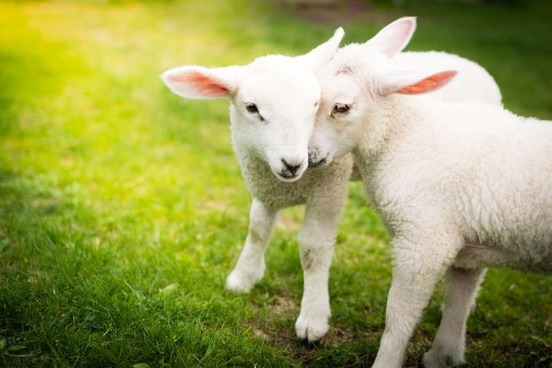
Definition - in a very innocent way : without knowing that something bad will happen
In case you were wondering, we do not always lead lambs to the slaughter, when we reference these gentle creatures in our idioms. Sometimes we lead them to the slaughterhouse, and sometimes to the butcher. Lambs have it rough, and it would be nice, just for the sake of variety, if someone decided to lead a lamb to a picnic or something.
This beyng done Conradinus the Sonne of Conrade true inheritour and King of Sicile challenging the kingdome of his Auncestors, marcheth forward with certayne Ensgnes of Germaynes a long the Coast of Viterbia: whom the popes holines beholding, spake openly that he was lead like a Lambe to the slaughterhouse.
— Walter Haddon, Against Jerome Osorius Byshopp of Siluane in Portingall, 1581
Sow One's Wild Oats
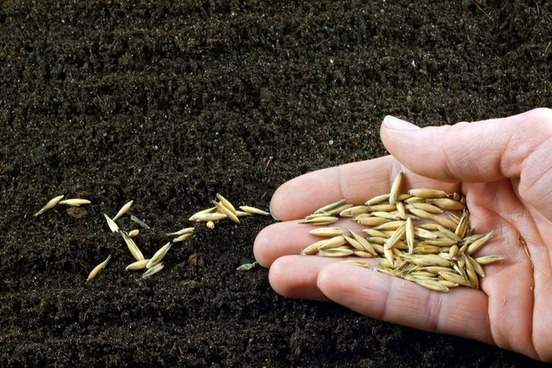
Definition - to have many sexual relationships particularly when one is young
Sowing one’s wild oats may sound more recent than some of the idioms on this list, but it is actually one of the oldest, dating in use back to the middle of the 16th century.
Susan - But who doth seeke to sowe wild Otes, shal reape but little gaine.
Simon - In deede I thinke wilde Otes, are scarcely woorth the mowing.
Susan - And yet I see young husbandmen, doo thinke them woorth the sowing.
Simon - Among good Otes perhaps they sowe some now and then.
Susan - But who doth sow the good with badde, is no good husbandman.
— Nicholas Breton, The Workes of a Young Wyt, 1577
Count One's Chickens (Before They Hatch)
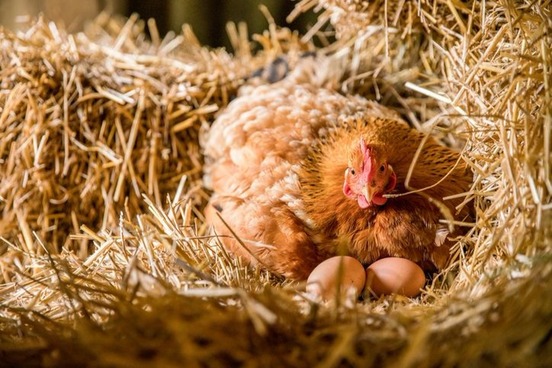
Definition - usually used in negative statements to mean that someone should not depend on something hoped for until he or she knows for certain that it will happen
Recent studies have indicated that chickens do, in fact, have some ability to count (or at least to distinguish between groups of numbers). In other words, you might as well count your chickens before they hatch, since once they hatch they are going to be counting you.
This colorful expression appears to have originated, like so many others of its ilk, in the American South in the mid-19th century.
I never count the chickens before they hatch, still I must think they have fallen on the right track at last, as some have set sail for Yankeedom, and I contend that any people having the ingenuity to change a Northern wood into a tropical fruit, and sell it in pieces about the size of a nutmeg for a “bit” each, ought to crystalize this Chinese syrup.
— Southern Cultivator (Atlanta, GA), Mar. 1858
.
Like a Chicken With Its Head Cut Off
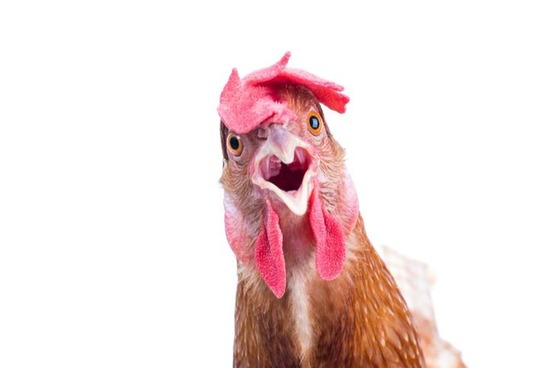
Definition - excited and confused
Chickens have been having their heads cut off for thousands of years, and it's true that they can run for a few seconds after the fact, but it wasn’t until the 19th century that we connected the dots and started applying this description to similarly erratic-looking human behavior.
The old maid hopped around like a chicken with its head cut off. The battle became exciting.
— The Times-Picayune (New Orleans, LA), 1 Dec. 1866
Put All One's Eggs in One Basket
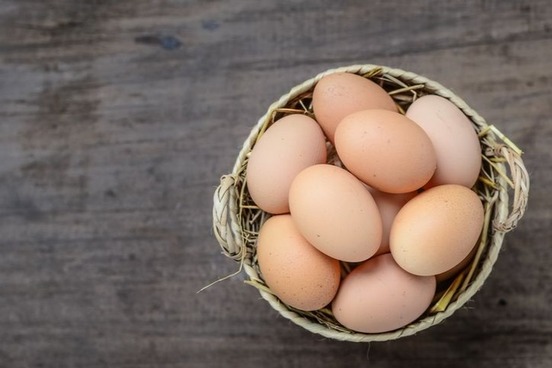
Definition - to risk all one has on the success or failure of one thing
The egg lends itself well to idioms, some of which have survived better than others. The success of each phrase’s survival seems to be unpredictable; teach your grandmother to suck eggs is still pretty common, even though very few grandmothers are doing this, while as a egg is full of meat (meaning “to a considerable extent") is now quite obscure, even though Shakespeare used it. Put all one’s eggs in one basket (and assorted variants) has been in use for over three hundred years, and it looks like it will stick.
An't please your Worship, quoth Sancho, to withdraw is not to run away, and to stay is no wise action when there's more reason to fear than to hope; ods bores, 'tis the part of a wise Man to keep himself to day for to morrow, and not venture all his Eggs in one Basket.
— Miguel de Cervantes Saavedra (anon. trans.), Don Quixote, 1712
Have a Cow
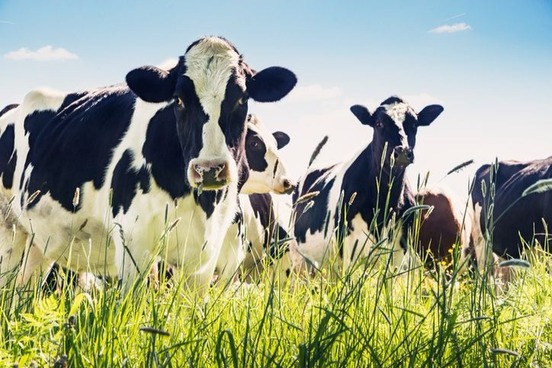
Definition - to become very angry, upset, etc.
This idiom is perhaps best known as a catchphrase of Bart Simpson, the lovable rapscallion of the television show The Simpsons (he is frequently heard admonishing others to not have a cow). Have a cow predates The Simpsons, having been in use since the middle of the 20th century. It is thought to have come from the earlier British expression to have kittens (”to become very nervous or upset about something”).
There’s no relaxing. Once his arms were full and I pushed open a door and he nearly had a cow! If he’d just act more like a human being and less an Emily Post wind-up doll, I’d still be interested.
— Durham Sun, (Durham, NC), 11 Aug. 1967
In a Pig's Eye
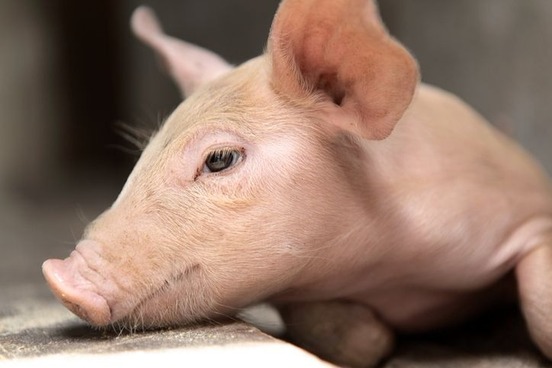
Definition - used to express strong disagreement or to suggest something cannot happen
Sometimes the eye is not the body part of the pig being referenced; in a pig’s snout, in a pig’s ear, and others are occasionally found.
To Correspondents … F. S. C. —Have found you a place—$1000 a year, with the key of the pantry and run out of the kitchen—“in a pig’s eye!”
— Spirit of the Times; A Chronicle of the Turf, Agriculture, Field Sports, Literature and the Stage (New York, NY), 22 Oct. 1853
Come Home to Roost
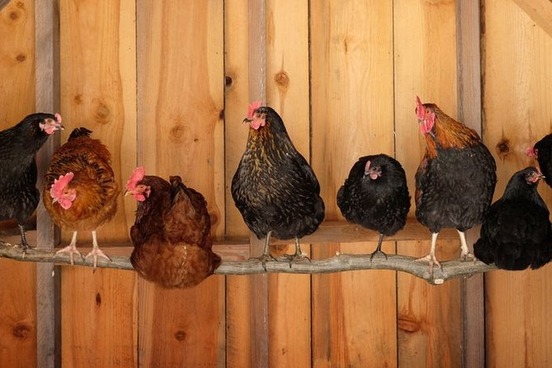
Definition - used of person's past actions that are causing him or her to experience problems in the present
The sense of roost employed here (“to settle down for rest or sleep”) is not now one of the more common ones. Chickens do, in fact, come home to roost, as do most people.
As to Mr. Troup’s complaint of “contemptuous and disrespectful language,” it reminds us of the remark, that “curses are like chickens; they come home to roost.”
— Louisville Public Advertiser (Louisville, KY), 12 oct. 1825
Pig in a Poke

Definition - something offered in such a way that the one to whom it is offered does not know exactly what the thing is nor what its real value is
The poke of the pig in a poke is the original, now little-used, sense of the word: “a bag, or sack.” One common theory behind the origin of this is that when one was buying a pig in a poke one was buying a sack of meat, and trusting that it was indeed pig, rather than some other, potentially less desirable, sort of food.
Though ye loue not to bye the pyg in the poke,
Yet snatche ye at the poke, that the pyg is in,
Not for the poke, but the pyg good chepe to wyn.
Lyke one halfe lost, tyll gredy graspyng gat it,
Ye wolde be ouer the style, or ye come at it.
— John Heywood, A Dialogue Conteinyng the Nomber in Effect of all the Porverbes in the English Language, 1546
Look a Gift Horse in the Mouth
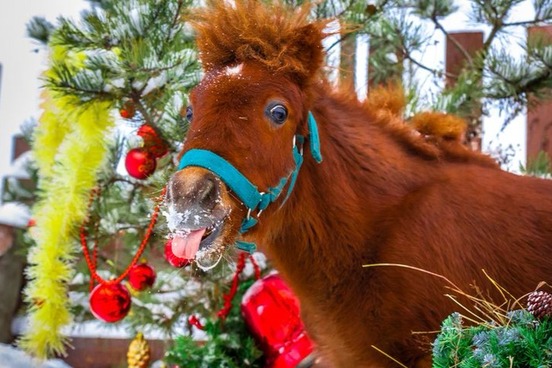
Definition - to look in a critical way at something that has been given to one
Why should one not look a gift horse in the mouth? Because it might mean that you are examining the animal’s teeth to see how old it is, and that is considered rude. Earlier versions of this idiom often were some form of “don’t look at a gift (or given) horse’s teeth.”
We haue an english prouerbe whiche teachyng to take gyfts thankfully, & to fynde no fault with them, sayth: Loke not a geuen horse in the mouth.
— William Baldwin, The Canticles or Balades of Salomon, 1549
Separate the Wheat from the Chaff
.
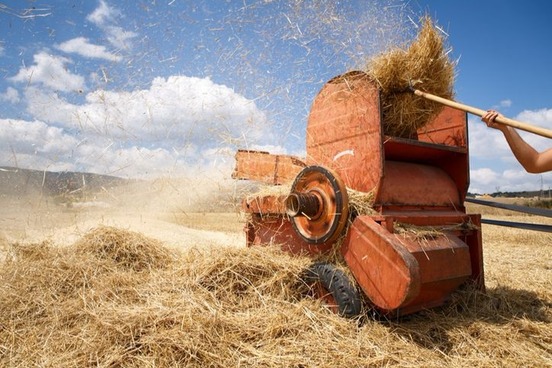
Definition - to judge which people or things in a group are bad and which ones are good
Most people are familiar with the wheat portion of this expression, but is is likely that few of us are as familiar with the word chaff. The relevant definition of chaff is “the glumes, husks, or other seed coverings or small pieces of stems or leaves (as of grains and grasses) separated from the seed in threshing or processing,” and it was something to be separated from the edible wheat. Chaff is also occasionally found in a figurative sense, meaning “something comparatively worthless.”
It is the fire, hammer and touch, to purifie, mally and try vs; it is the winde that diuideth the wheat from the chaff: it is a most comfortable meditation in all seasons; a salue against all offences and scandals whatsoeuer.
— Alexander Top, Saint Peters Rocke, 1597
Until the Cows Come Home
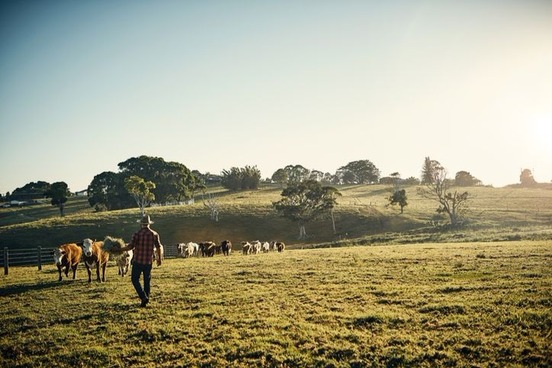
Definition - for a very long time
Given that cows are not known for being the most adventurous and mundivagant of animals, it is rather peculiar that we should use their tardiness in getting home as an expression. But no one has ever (convincingly) accused the English language of making too much sense.
Now, to use a rustick phrase, a man may make lines like these “till the cows come home.” Mr. Linn, too, is frequently adjectively vulgar.
— The Boston Review, 1 Oct. 1805
Buy the Farm

Definition - to get killed
There is much uncertainty as to why we say someone bought the farm to mean kicked the bucket (which also has considerable uncertainty regarding its origin). As is often the case in such circumstances people will offer possible explanations, of varying plausibility. Some of the ones suggested for buy the farm are that it is a variant of bought a plot (meaning a plot in a cemetery), or that when a plane has crashed into a farm the government will financially compensate the farmer for the damage.
"Again I almost bought the farm," Walsh remembered. "We were able to make run after run on the attacking Zeros without losing sight of the bombers and I downed two of them.
— Leatherneck, Jun 1987
Get One's Goat
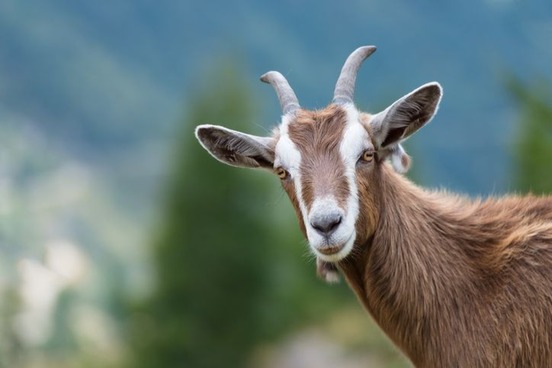
Definition - to make one angry or annoyed
Sometimes the goat is simply got, and sometimes it is got up; sometimes it is just a goat, and sometimes it is a nanny goat. We'd like to say that no actual goats were angered in the creation of this idiom, but to be honest we really aren’t sure, as the etymology is obscure.
”They got your goat, eh?” said Judge Manning in the Oakland Avenue Police Court this morning, innocent of the slang effect of the remark, and as a result there was considerable laughter.
— Jersey Journal (Jersey City, NJ), 1 Sept. 1905
Put Out to Pasture

Definition - to force (someone) to leave a job because of old age
Farmers have been putting animals out to pasture for many hundreds of year now. In some cases the phrase was used simply to indicate bringing the flock out to feed for the day, and in other cases it indicated that a particular animal was being retired from work, due to age or infirmity, and sent to the pasture. We began using this figuratively for people in the 19th century.
By all rights I should be out to pasture now,
or at least in the classroom wheedling for my supper.
"Please, what is Romanticism? Name any three
famous Romantic poets," I yawp piteously.
— Ron McFarland, Early Retirement (from New and Selected Poems), 2000
 Similar topics
Similar topics» Words at Play 'Cattywampus' and Other Funny-Sounding Words
» SHOWDOWN's I HAVE THE WORST LUCK
» WORDS OF THE DAY 2 pages
» 18 words even you might be mispronouncing
Valley of the Sun Casual Club :: WORDS , FACTS , DATES , GAMES & TRIVIA & HISTORY :: Merriam-Webster Words of the Week

 Events
Events
























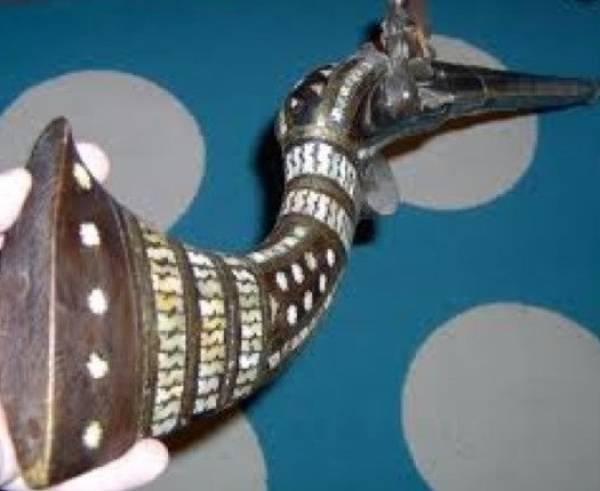
















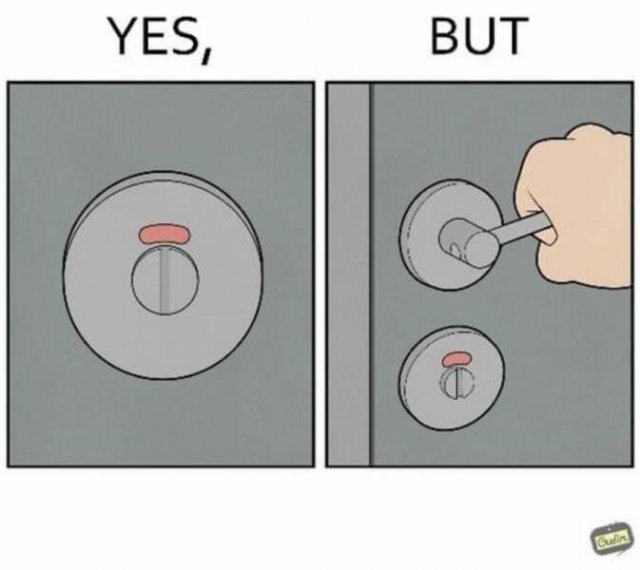

















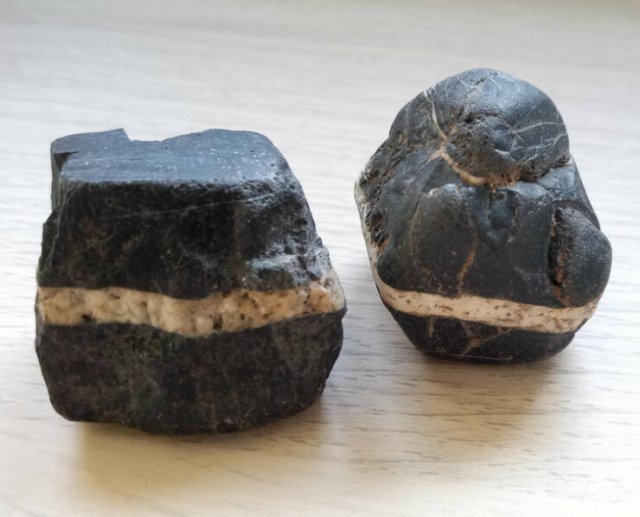


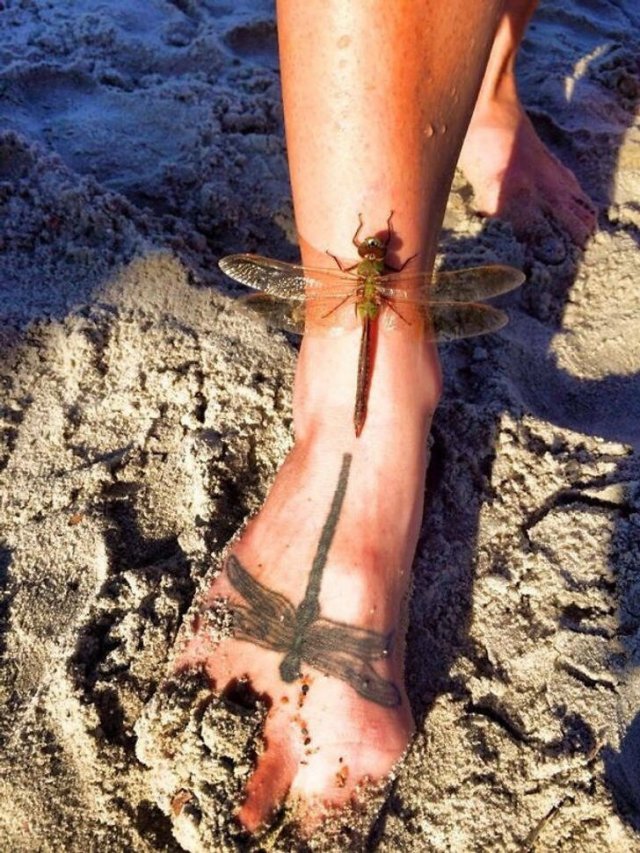

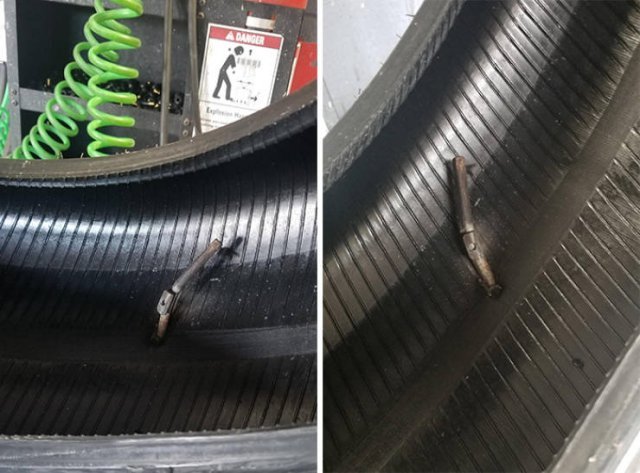




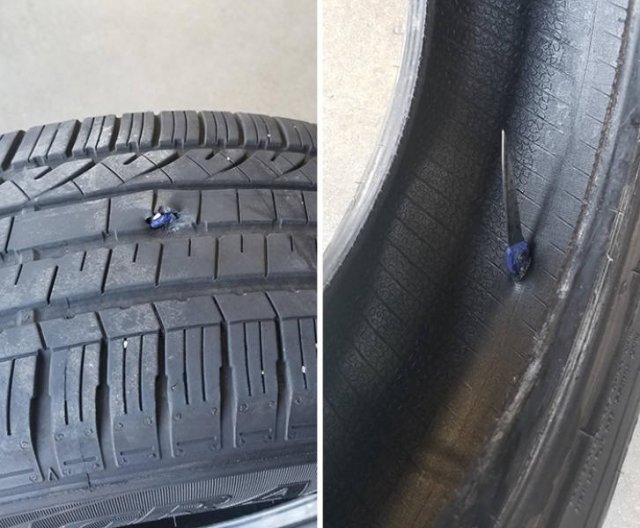









» SUPER TRUCKS...
» APRIL NATIONAL CELEBRATION DAYS APRIL 25 2024
» WIZE TRIVIA QUIZ * How many pull ups did Gary Lloyd do in 24 hours to achieve the Guinness? *
» WISETRIVIA ANSWER PAGE
» IN THE LOCAL NEWS...4
» MOOMS's...9
» WORD DAILY Word of the Day: * aphorism *
» APRIL NATIONAL CELEBRATION DAYS APRIL 24 2024
» YOUTUBE SHORTS OFF THE WALL...21
» YOUTUBE SHORTS WWE...21
» YOU TUBE SHORTS DANCE ONLY...2
» HEY JOE * MUSIC COMPILATION OF WILD SHIT *
» YOU TUBE SHORTS MUSICIANS ONLY...10
» BUSHBARBIE...